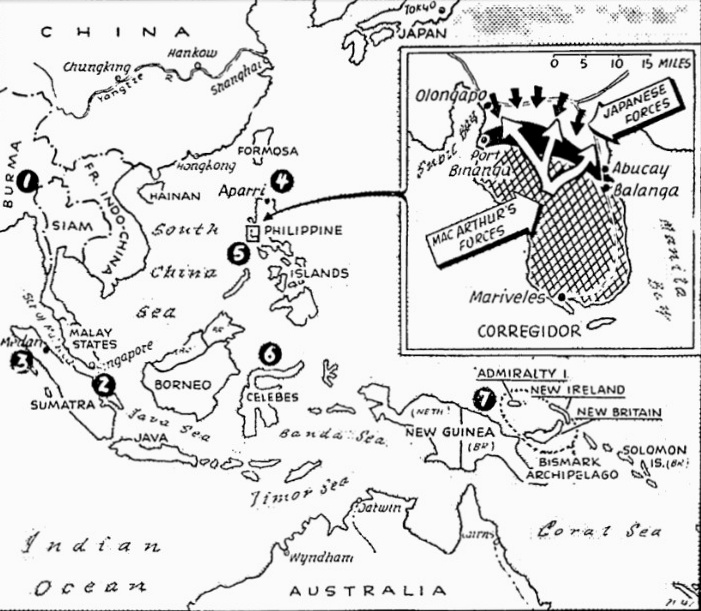The Pittsburgh Press (January 21, 1942)
Profiteering laid to unions and industry
House Naval Affairs probers demand reforms; reveal takes up to 247%
Washington, Jan. 21 (UP) –
The House Naval Affairs Committee today recommended enactment of legislation to stamp out profiteering, charging that industry and labor alike have attempted to enrich themselves with defense contracts.
“Excessive and unconscionable” profits of American industries – some ranging up to 247% and “many profits of 50% or more” – and an “astounding concentration of wealth” in labor unions – with 117 unions reporting assets of $82,594,959, an increase during 18 months of $10,679,294 – were highlights of a report of the committee’s investigation of the greatest naval building program in history.
The committee recommended Congressional action to block methods by which corporations and labor unions have fattened their treasuries at the expense of the taxpayer. Chairman Carl Vinson (D-GA) planned to submit legislation along those lines to the House soon.
Signed by 14 members
The report was signed by only 14 of the 27 members of the committee. Seven signed a dissenting view on the “conclusions and statements regarding labor.” Another member, Rep. Joseph B. Shannon (D-MO) filed a separate minority report demanding that all of the report dealing with labor be eliminated.
The committee recommended:
For industry:
That some method of profit limitation should be adopted to eliminate profiteering on defense contracts… to prevent excessive and unconscionable profits. Such measures are owed to the public which bears the enormous tax burden of defense costs.
For labor unions:
That suitable legislation be enacted requiring all labor unions to register with a suitable government agency and to furnish pertinent information concerning their officers, members and financial condition at periodic intervals.
It recommended passage of a law to curb strikes which the committee blamed for delay in two-ocean Navy construction.
Sit-down laid to capital
Mr. Shannon, defending organized labor, cited capital’s “sit-down strike” for huge profits as a condition of participation in the defense program and charged that the existence of such a condition was “a constant incitation to labor” to stop work.
The committee’s report which led to the recommendations listed 15 major corporations whose $2,342,705,137 of defense contracts represent 60% of all contracts examined.
The report was based on replies to questionnaires sent to naval contractors and labor unions and examination of contracts and Navy Department records. The committee revealed that one of the largest naval contractors – Bethlehem Shipbuilding Co., New York – had not answered the questionnaire. It said it was “at a loss” to understand that company’s failure to supply the requested information.
Refund offered
But the Bethlehem Steel Co., parent of Bethlehem Shipbuilding, has offered to “refund $750,000 of the excessive profits realized by its ship repair yards,” the report said. After the refund is deducted from profits on ship repairs, the report added, the profit on the cost of work performed amounts to 20.75%.
The report explained that the…

